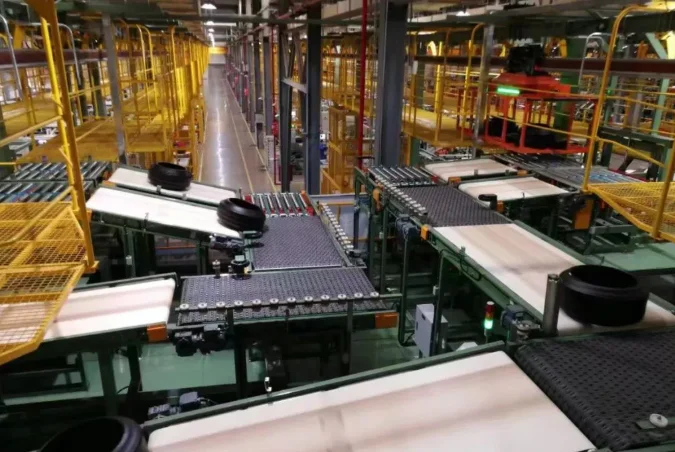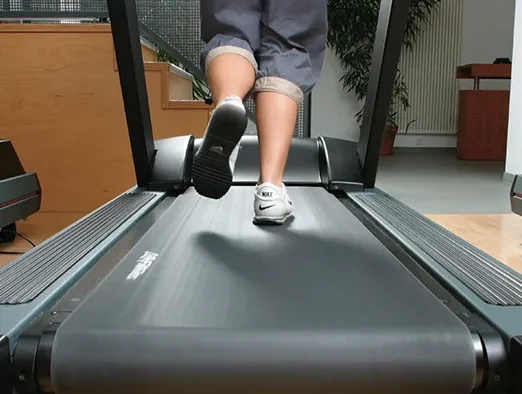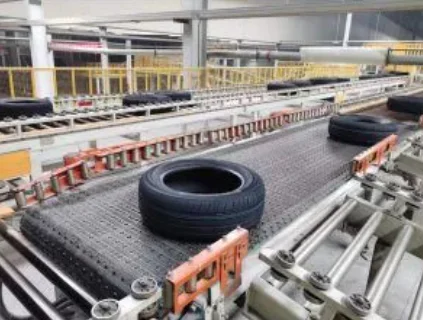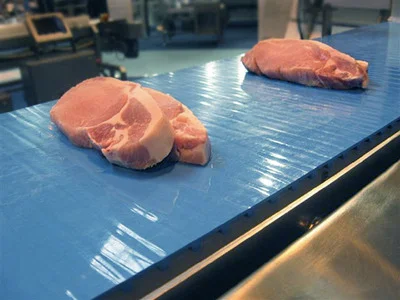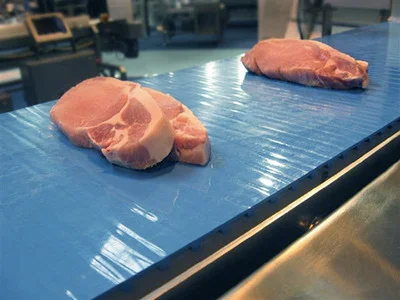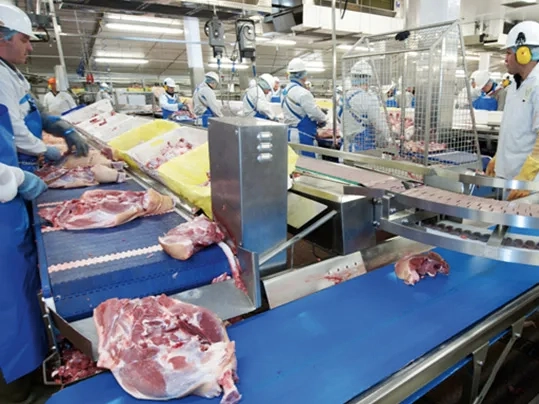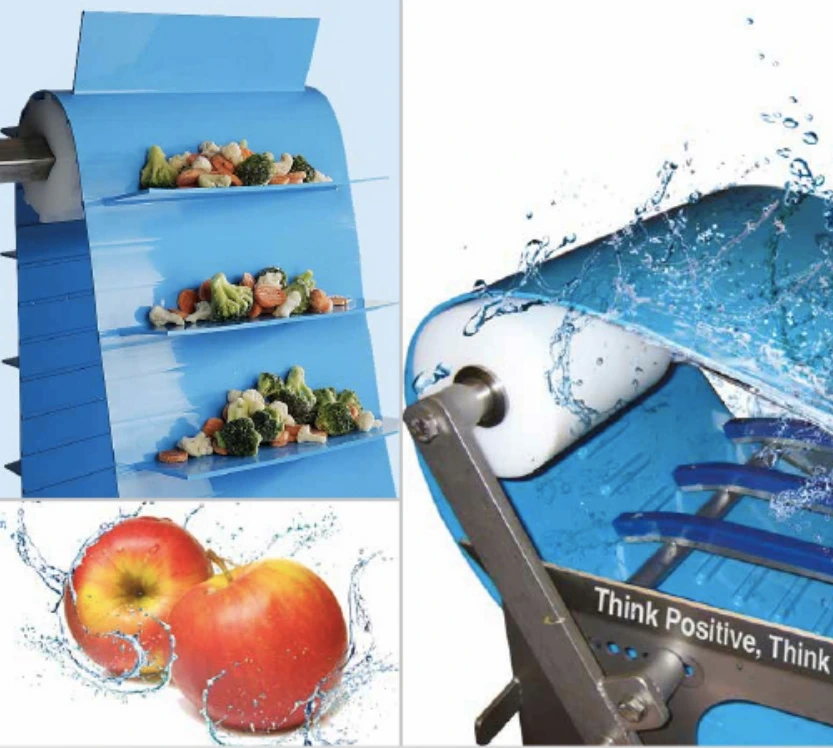Introduction to PVK Belts in Airport Logistics
Airports are like cities that run all day and all night. Planes land in the early morning. Cargo is loaded at midnight. Luggage belts move nonstop. If you’ve ever stood near a baggage carousel, you’ve seen the endless stream of bags. Behind the scene are long lines of conveyor belts doing the work.
As global air travel rises again and freight numbers grow, airports need faster ways to move items. One broken belt can slow a terminal and even delay flights. Picking the right belt is not a small detail. It shapes airport performance, safety, and even the passenger experience.
PVK conveyor belts, with their tough structure and long service life, are now a trusted choice in many airports. They keep luggage and cargo flowing hour after hour.
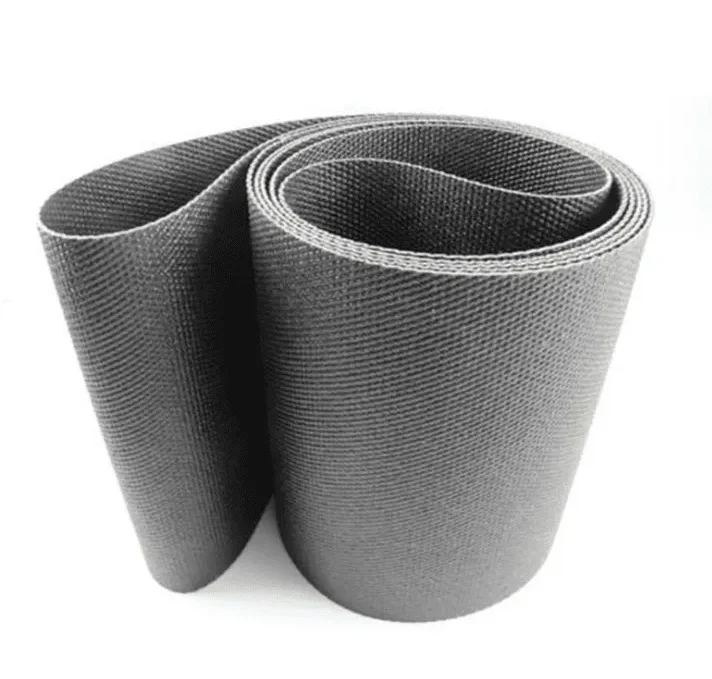
Rising demand for efficient baggage and cargo handling
In 2023, large hubs such as Frankfurt and Changi handled more than 50 million travelers each. Every traveler comes with at least one suitcase. Some bring two. That means hundreds of millions of bags each year. Add freight like fresh fruit or electronics, and the stress on belts is huge. Only belts that can run around the clock without many stops can meet this demand.
Role of conveyor belts in airport performance and safety
Belts link check-in counters, scanners, baggage halls, and cargo areas. If one section stops, the chain breaks. Flights may be delayed. Workers have to rush to fix problems. Safety also comes first. A belt that slips or breaks can spill baggage or block the system. It may even cause danger for staff working close by.
Why durability matters in 24/7 airport operations
Airports do not close for weekends. Belts must handle nonstop use in dusty, hot, or even damp conditions. Durability here means lasting years, not months. PVK belts are made for this heavy duty work. That is why airports across regions are replacing old PVC belts with PVK models.
Advantages of PVK Conveyor Belts for Airports
Strong resistance to wear, cuts, and heavy loads
Belts in airports carry not just normal bags but also items like skis, toolboxes, and sports gear. These shapes can damage weak belts. PVK belts are built with woven fabric inside. This core gives them strength against cuts and abrasion. In real terms, airports see fewer sudden stops and lower costs for replacements.
Quieter running and steady grip
Airports are noisy enough. Belts should not add to the sound. PVK belts move with less noise. They also grip bags firmly so they don’t slide around. One technician in the Middle East joked that the new belts “finally stopped sounding like birds in the baggage hall.” Staff laughed, but they also noticed the calmer work floor.
Safer design with anti-static and flame-retardant layers
Airports handle laptops, clothes, and chemicals. Sparks or heat could cause big problems. PVK belts are made with anti-static and flame-retardant materials. This lowers risks and meets safety rules. For airport managers, it is good to know the system is both effective and safe.
PVK 130 Black Double Side PVK from UYANG BELTING
Technical features and double coating
. PVK 130 Black Double Side from Uyang Pechting is made for heavy work. Both sides are coated with PVK. This makes it stronger and gives grip in both directions. The “130” shows the thicker build. It is a belt designed for high loads.
Best use in baggage and cargo transport
Airports often need belts that run more than 150 meters. These long lines carry cargo from one hall to another. The PVK 130 can handle this distance without sagging or stretching. It works well even with heavy bags or odd cargo.
Results seen in airports
One airport in Southeast Asia moved from PVC belts to PVK 130. After one year, downtime dropped by about 30%. Teams also saw fewer edge cracks and less need for repairs. Cargo moved more smoothly, even during busy holiday seasons.
PVK 100 Black Single Side PVK from UYANG BELTING
Core design and flexibility
. PVK 100 Black Single Side has coating on only one side. This makes it lighter and easier to bend. It is well-suited for areas with tight turns or smaller pulleys.
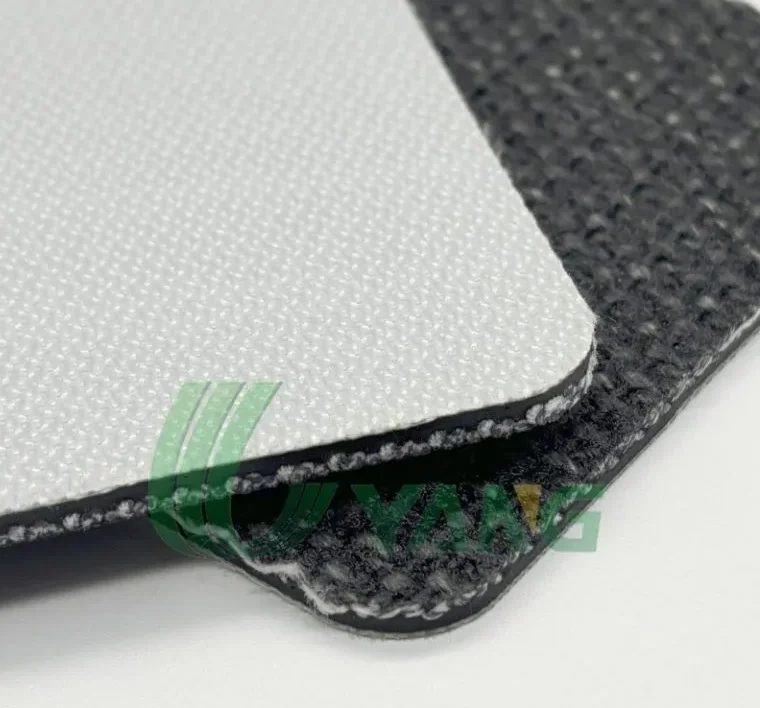
Where it works best
This belt fits in check-in lines, baggage sorting, and lighter zones. These areas don’t carry the heaviest loads, so a flexible belt is better. The PVK 100 keeps operations smooth without spending extra on heavy belts.
User feedback
A regional airport in Europe switched to PVK 100 for baggage sorting. In the past, belts lasted only 18 months. With PVK 100, belts lasted close to 3 years. Staff said fewer delays happened during peak travel, which passengers also noticed.
Comparing PVK 130 and PVK 100 in Airport Systems
Main differences
The PVK 130 is double-coated and thicker. It can handle heavy loads and long lines. The PVK 100 is single-coated and lighter, making it flexible for smaller systems.
Picking belts for different zones
Airports usually place PVK 130 in cargo halls or long runs. PVK 100 goes into check-in, sorting, or other lighter-duty lines. Each belt has a clear role.
Looking at cost and service
The PVK 130 may cost more at first, but it lasts longer and cuts repair time. The PVK 100 is more affordable and still durable where heavy pressure is not needed. Many airports use both types to cover all areas.
Integration of PVK Belts into Airport Operations
Fit with modern systems
Airports now use scanners, robots, and automated arms. PVK belts keep items stable, so machines sort and move luggage correctly.
Quick setup and replacement
If belts need replacement, airports cannot wait days. PVK belts are easier to cut and join. A few hours of work can get the line moving again.
Saving energy and supporting green goals
Because PVK belts slip less, motors use less power. Over a year, airports may save around 5–8% on energy use. Longer life also means fewer belts thrown away, which helps sustainability targets.
Why Partner with UYANG BELTING for Airport Solutions
Experience in logistics and industry
UYANG BELTING has long supplied belts for warehouses, airports, and factories. They understand real working conditions and demands.
Custom options and support
Every airport is different. UYANG offers custom sizes, coatings, and advice. They also provide support after delivery. Customers get more than just a product—they get service too.
Global trust and quality
UYANG BELTING works with clients across Asia, Europe, and other regions. Their belts meet strict standards. Their teams answer fast when customers need help. For airports planning growth, a reliable supplier matters as much as the belts themselves.
Conclusion and Recommendation
Conveyor belts may seem simple, but in airport logistics they set the pace of everything. PVK belts from UYANG BELTING—especially the PVK 130 Black Double Side and the PVK 100 Black Single Side—bring toughness, safety, and longer service.
For heavy baggage and cargo, PVK 130 is the stronger choice. For lighter lines such as sorting and check-in, PVK 100 is practical and cost-friendly. Together, they make airports faster, safer, and ready for the future.
Airports that want fewer delays and stronger systems should look closely at UYANG BELTING’s PVK conveyor belts.
FAQ
Q1: How long do PVK belts last in airports?
In cargo lines, PVK belts usually last 3 to 5 years. In lighter baggage areas, they can last up to 7 years with care.
Q2: Can PVK belts carry odd-shaped cargo?
Yes. PVK belts are made with strong fabric that resists cuts and wear. They handle skis, boxes, and other unusual items.
Q3: Why are PVK belts safer than normal PVC belts?
They have anti-static and flame-retardant layers. This lowers spark risk and makes the system safer for both staff and equipment.

